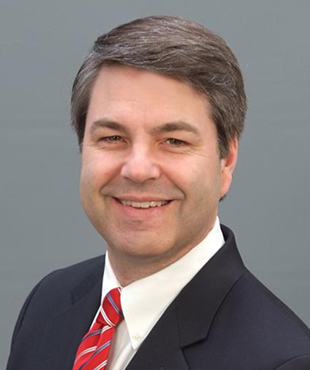NEW YORK (Legal Newsline) - No legislation has been introduced yet but a new study argues that reform is needed to focus New York City Asbestos Litigation (NYCAL) cases on defendants that may have some responsibility for plaintiffs’ injuries while reducing legal spending by defendants that do not belong, according to a public policy expert.
“Since many defendants are being dismissed most of the time, holding such defendants in a case and making them incur legal costs based on a remote chance the plaintiff has a viable claim is not fair to those defendants,” said Mark Behrens, co-chair of the public policy practice group at Shook Hardy & Bacon law firm.
Behrens was commenting on a New York Civil Justice Institute study, which found that a large number of companies are forced to incur some $20,000 in defense costs after being wrongly named in asbestos lawsuits.
“Over-naming appears to be more of a function of the law firm that is filing the action than the type of case,” Behrens told Legal Newsline. “The companies that comprise the so-called asbestos industry are immune from lawsuits as a result of bankruptcy. Plaintiffs lawyers are suing newer and more remote defendants as a substitute for the asbestos insulation companies that were the focus of the asbestos litigation for decades.”
The Sue First, Discover Later: New York Case Dockets Reveal the High Cost of Over-Naming in Asbestos Litigation study found that some 249 companies were dismissed from every NYCAL docket in Manhattan Supreme Court in a sample of cases from 2015-2020 and more than 400 companies were dismissed in more than 50% of the cases in which they were named.
“Over-naming is a problem in NYCAL,” Behrens said in an interview. “It is also a problem in other jurisdictions. There appears to be an epidemic of over-naming in many jurisdictions that are home to large numbers of asbestos cases.”
The study further found that litigation costs for an over-named defendant start on day one and may continue for years until the company is dismissed with no fault.
“The plaintiff is speculating that perhaps one of the remote defendants named in the case has a connection to the plaintiff,” Behrens said. “Suing that defendant gives the plaintiff the ability to obtain a recovery should the facts support it but since many defendants are being dismissed most of the time, holding such defendants in a case and making then incur legal costs based on a remote chance the plaintiff has a viable claim is not fair to those defendants.”
The worst-case scenario, if there are no corrective measures to curb over-naming in asbestos litigation, is innocent defendants will continue to be sued repeatedly and incur substantial legal costs that could otherwise be used to create jobs or hold prices steady for consumers, according to Behrens.
“Some companies may be driven into bankruptcy partly as a result of defending against cases in which they do not belong,” he said.
While no legislation is yet proposed in New York, West Virginia and Iowa have approved proposals that curb over-naming.
“Plaintiff attorneys oppose over-naming reform legislation because it adds a requirement to filing an asbestos lawsuit that does not exist today but the information that must be disclosed is information that is routinely asked for in discovery,” he said. “Legislation would simply accelerate the timing of when disclosures are made and reduce fishing expeditions tied to speculative claims against remote defendants.”
